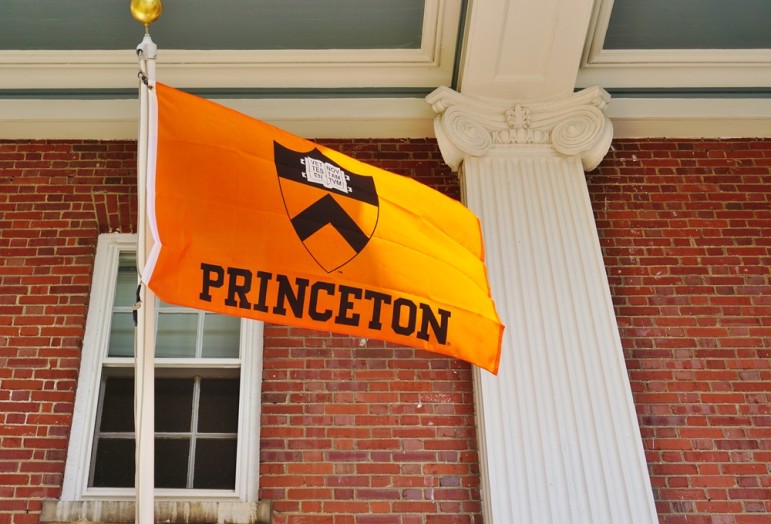
November 10, 2015; Daily Princetonian
The issue of property tax exemptions for large nonprofits has come before New Jersey Tax Court Judge Vito Bianco twice this year. Bianco made headlines last summer when he ruled that the modern nonprofit hospital is something of a “legal fiction.” He was in favor of having a large majority of the forty acres on which the Morristown Medical Center sits taxed. We reported yesterday on the town’s settlement with the medical center this week, which taxes only about a quarter of the land.
In the case of Princeton, right after Bianco issued his ruling on the medical center, the university filed a motion to get a new judge, so presumably they saw the judge was less than sympathetic to the notion of tax exemption as a given for a nonprofit even if the behavior of the institution indicates otherwise.
In a lawsuit, the burden of proof generally falls on the plaintiffs rather than the defendants, as has been ruled here, and that makes this case unusual. But Bruce Afran, the plaintiff counsel, stated that multiple precedents in New Jersey courts have established that in tax-exemption lawsuits in New Jersey, the burden of proof falls on the property owner:
Sign up for our free newsletters
Subscribe to NPQ's newsletters to have our top stories delivered directly to your inbox.
By signing up, you agree to our privacy policy and terms of use, and to receive messages from NPQ and our partners.
The person who owns the property and wants to be free of paying taxes must prove to the court that they deserve the exemption. The University tried to shift that burden to the taxpayers, in this case, the retired senior citizens. […] The basic idea is that the person who owns the property knows best what they do with it. The University knows its operations best, these retired people can’t know the in and out of the University.
In question, according to Afran, are commercial arrangements such as biotechnology partnerships with faculty members who hold patents, real estate deals, and their participation in hedge funds. The University argues that because the predominant motive of the University is to be an education provider that should render it exempt.
“It’s absolutely clear that the reason we exist is to be an educational institution – we do teaching and we do research,” said Robert Durkee, vice president and secretary of the University.
As with the medical center, Afran hopes this ruling lays the groundwork for settlement discussions that will be more advantageous to the town.—Ruth McCambridge












